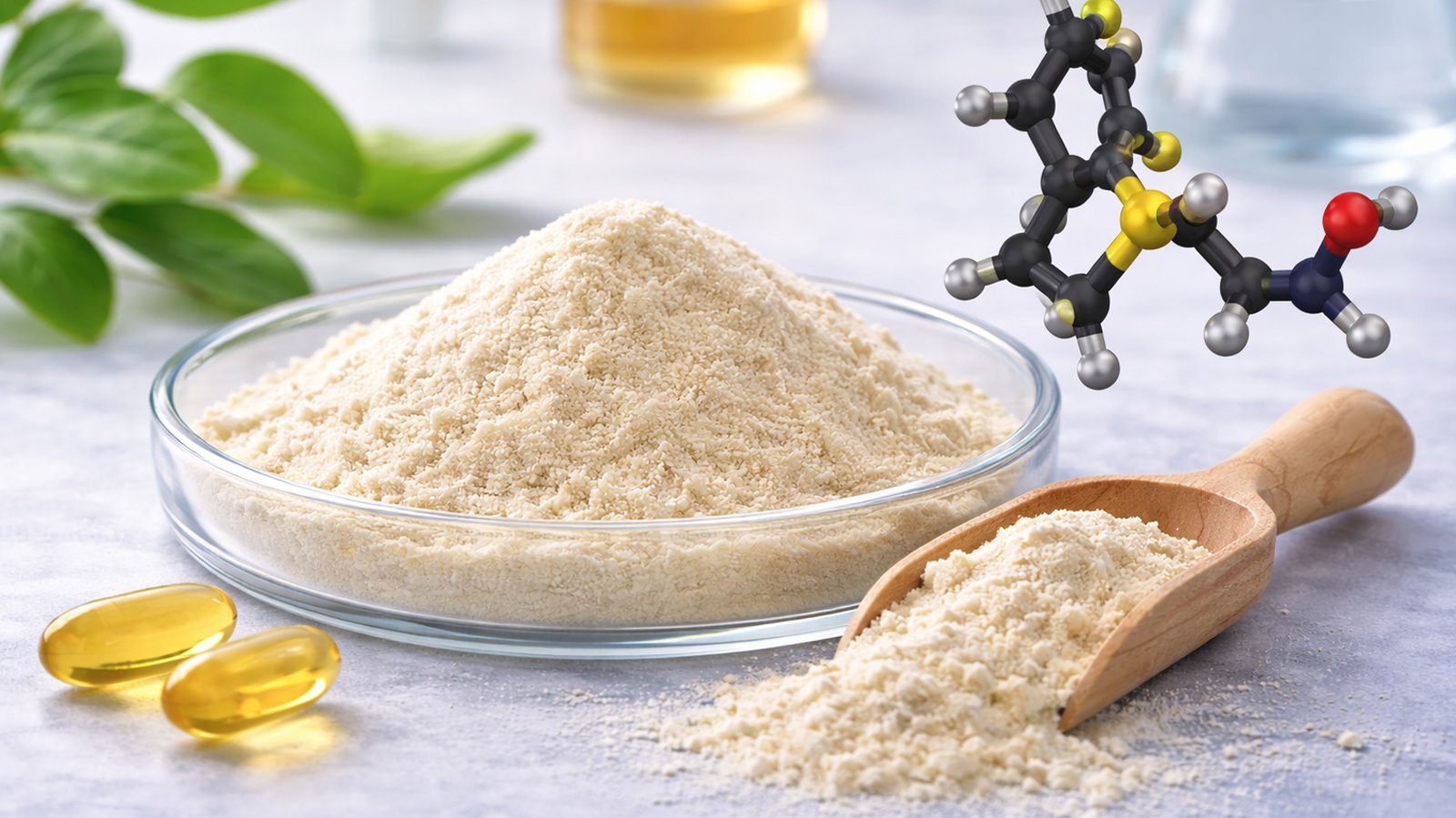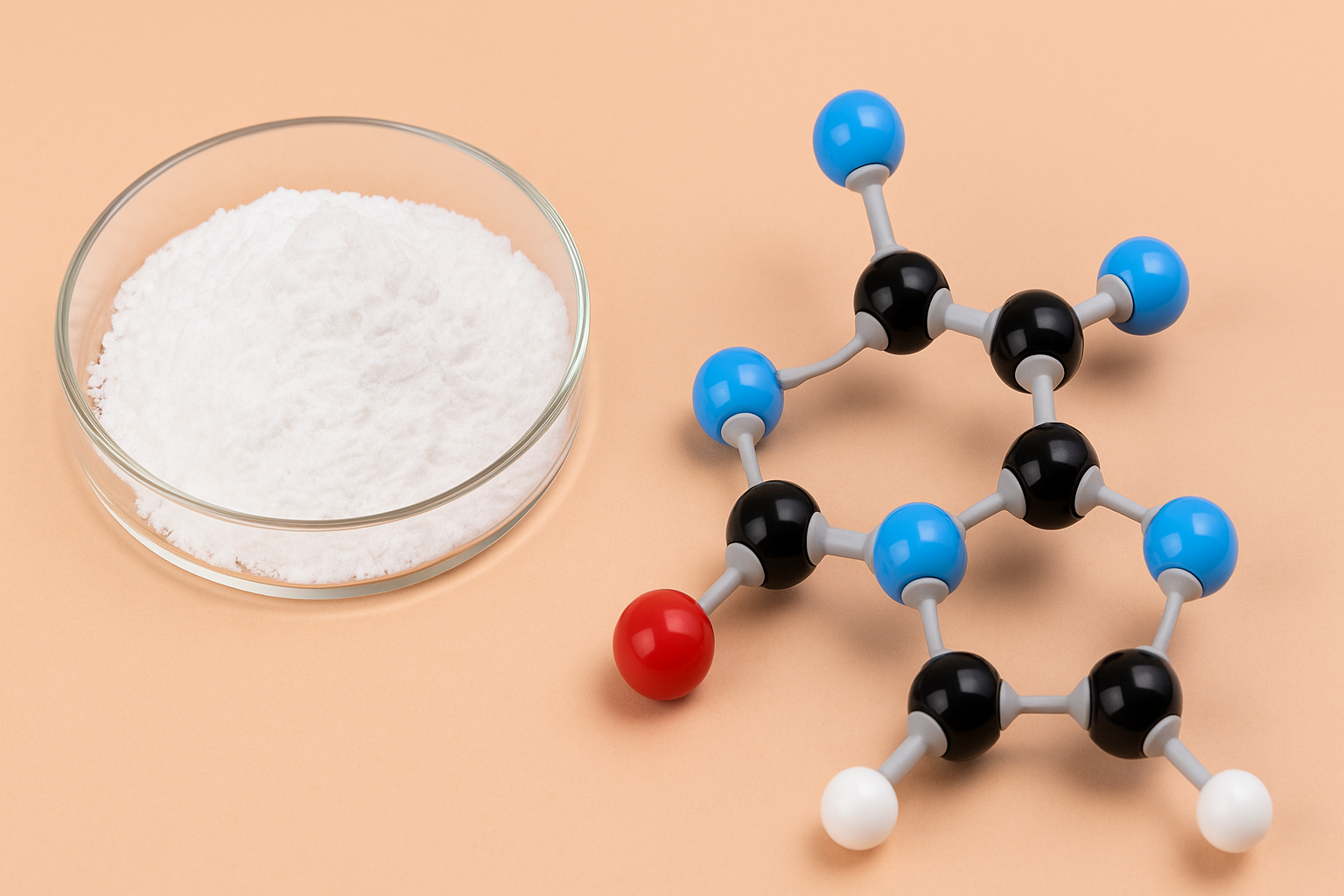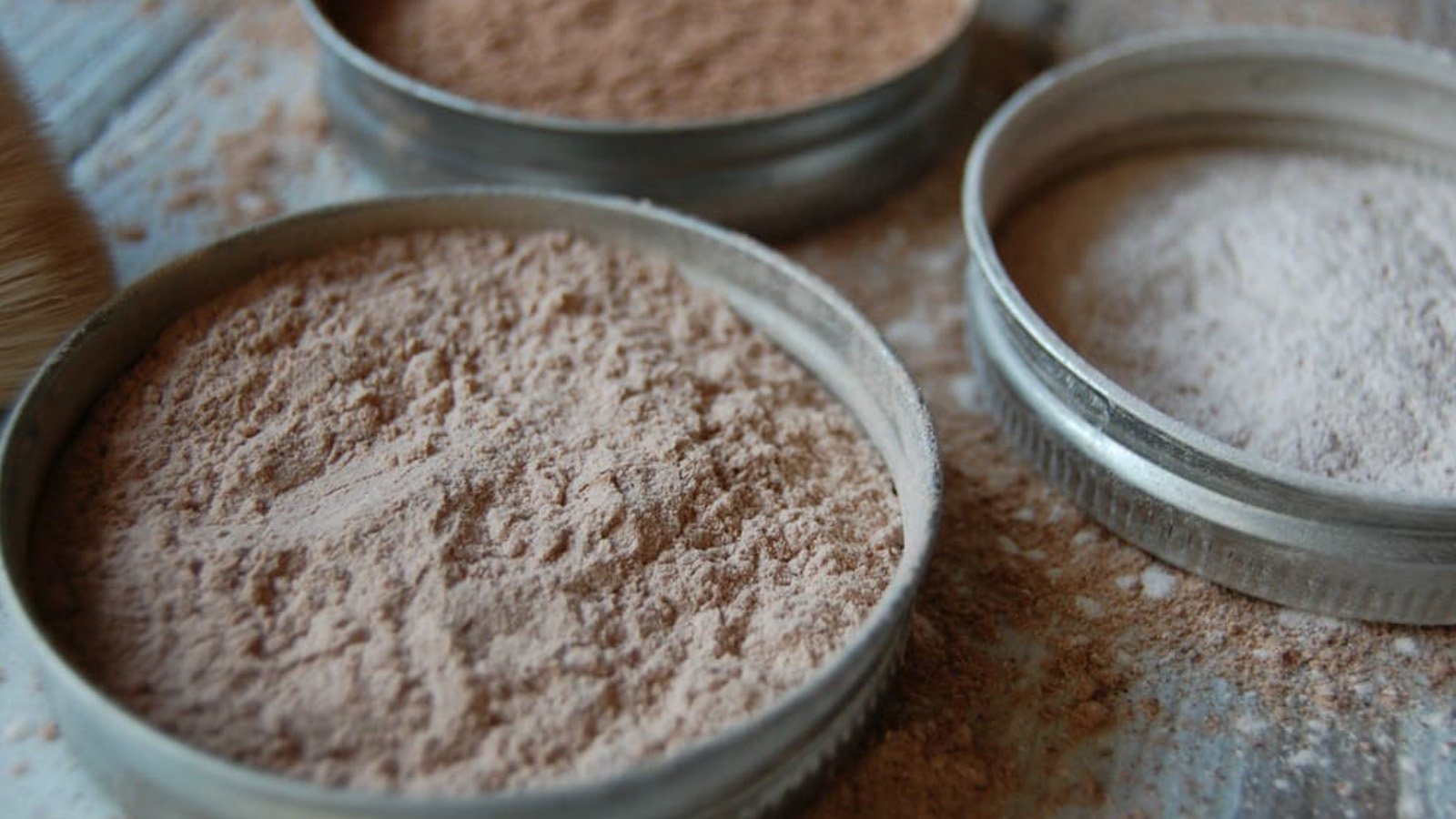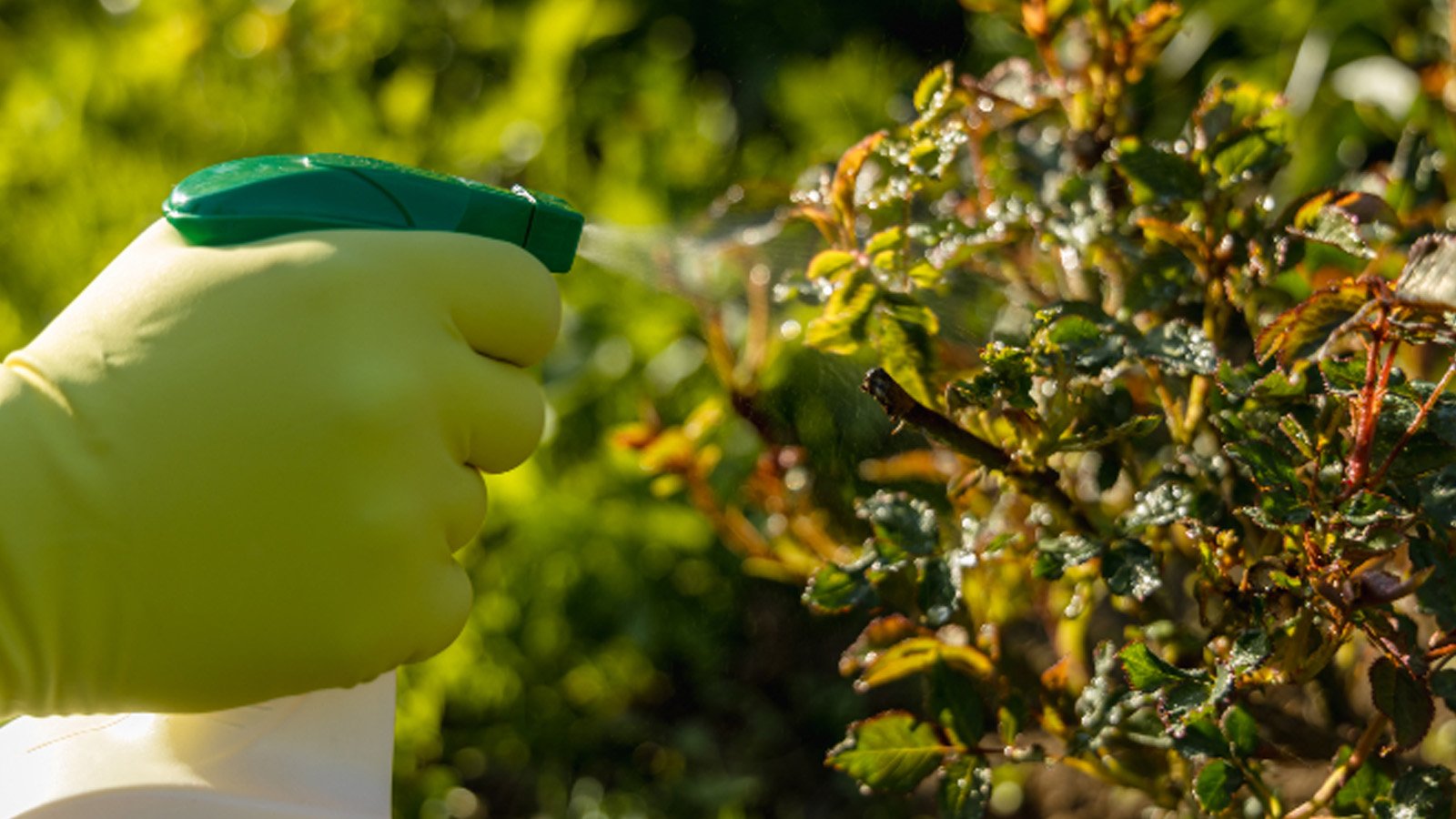Spironolactone for acne, originally developed as a diuretic for managing blood pressure, is gaining increasing attention in the skincare and cosmetic industry — particularly for its role in treating hormonal acne.
Unlike conventional acne treatments such as salicylic acid or benzoyl peroxide, it works at the hormonal level, providing an effective solution for stubborn and recurring breakouts.
XI AN CHEN LANG BIO TECH is pharmaceutical intermediates powder spironolactone manufacturer and supplier in global market. We supply high quality, purity and best price in the market.
What Is Spironolactone?
It is a potassium-sparing diuretic that was originally prescribed to treat conditions like hypertension and heart failure. However, researchers discovered that this compound also acts as an androgen receptor blocker, which means it reduces the activity of hormones like testosterone that are known to stimulate oil (sebum) production in the skin.
Excess sebum is a major cause of acne. By reducing sebum production, it helps prevent clogged pores and breakouts — especially in individuals dealing with hormonal acne.
How Does Spironolactone Help with Acne?
Spironolactone offers a multi-targeted approach to acne prevention and treatment. Here’s how it works:
1. Inhibits Androgen Activity
Spironolactone blocks the effects of androgens on the sebaceous glands. Androgens stimulate oil glands to produce more sebum. When spironolactone blocks these hormonal signals, oil production decreases, leading to fewer clogged pores and acne flare-ups.
2. Controls Sebum Secretion
By balancing hormonal influence on the skin, it helps regulate sebum output, which is particularly effective for those with oily or combination skin types.
3. Reduces Inflammation and Cystic Acne
Many people suffer from painful cystic acne caused by inflammation deep within the skin. It has been shown to reduce the number of deep, inflamed lesions, especially in the lower face and jawline area.
Why Is Spironolactone for Acne Gaining Popularity in Skincare?
With the growing demand for hormonal-safe and long-term acne solutions, spironolactone is being embraced by skincare developers and cosmetic manufacturers for several reasons:Provides a unique mechanism of action compared to traditional ingredients;
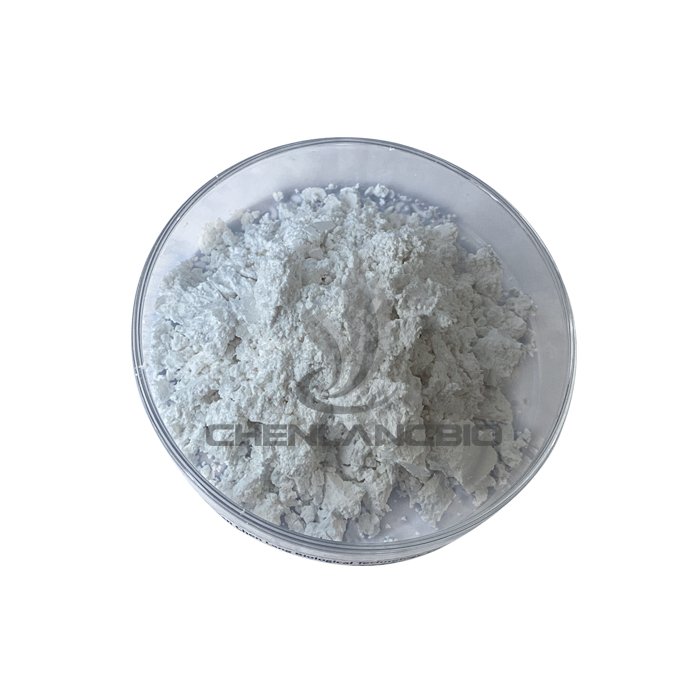
Offers long-term efficacy without causing dryness or peeling;
Works particularly well for adult women with persistent acne;
Can be formulated into topical serums, lotions, or gel treatments;
Has good compatibility with other actives like niacinamide or panthenol.
Clinical Research and Results
Numerous studies have confirmed the effectiveness of spironolactone in treating acne, especially hormonal types:
According to a study published in the Journal of the American Academy of Dermatology, over 80% of women experienced improvement after 3 months of oral spironolactone therapy.
Clinical trials using topical spironolactone (2%–5%) also reported significant reduction in oil secretion and acne lesion count.
Dermatologists frequently recommend spironolactone for patients who do not respond to standard topical treatments.
These findings make spironolactone a science-backed ingredient suitable for dermocosmetic innovation.
Applications of Spironolactone in Cosmetic Formulations
With growing consumer interest in anti-acne cosmetics, spironolactone is becoming a promising active ingredient in various topical products. Below are common applications:
| Product Type | Suggested Use |
| Oil-control face creams | Helps manage oily skin and prevent clogging |
| Acne serums | Target hormonal breakouts and reduce redness |
| Spot treatments | For cystic acne or flare-up zones |
| Post-acne recovery gels | Soothe inflamed skin and reduce oiliness |
For topical applications, the recommended concentration ranges between 0.5% and 5%, depending on the formulation base and intended effect.
Safety Profile and Formulation Tips
Although spironolactone is generally safe, there are still some precautions that formulators should consider:
Not recommended during pregnancy or breastfeeding due to hormonal interaction
Should be paired with stabilizing agents to ensure long-term shelf life
Combining with anti-inflammatory agents (like allantoin or madecassoside) can improve user comfort
Choose cosmetic-grade spironolactone with full documentation (COA, MSDS, TDS)
To ensure quality and safety, work only with experienced cosmetic raw material suppliers who can provide guidance on formulation and usage.
Where to Source Cosmetic-Grade Spironolactone?
When sourcing spironolactone for cosmetic applications, it is essential to choose a reliable and certified manufacturer. Key things to look for include:
GMP and ISO-certified production facilities
Full regulatory documentation (COA, TDS, MSDS)
Flexible MOQ and fast shipping options
Technical support for stability and compatibility
At ChenLang Bio Tech, we offer high-purity spironolactone suitable for cosmetic use. Our team can also assist with formulation guidance and sample support for R&D teams.
How Long Is spironolactone effective in treating acne?
Spironolactone for acne usually takes some time to show clear results — most people see noticeable improvements after 3 to 6 months.
That said, everyone responds differently:
Some people may start to see changes within 3 to 4 weeks, like reduced oiliness, less inflammation, and fewer breakouts.
For others, it can take 2 to 3 months or longer, especially if the acne is more severe, has been around for a while, or is linked to hormonal issues like PCOS.
Is Spironolactone Right for Your Product Line?
As consumer demand for cleaner, smarter skincare solutions continues to grow, ingredients like spironolactone offer a compelling new direction for acne-prone and oily skin formulas.
If your brand focuses on dermatologist-inspired, science-backed skincare, spironolactone might be the secret ingredient that sets your line apart.
Interested in learning more about sourcing spironolactone or developing your own acne-targeted formula?
Contact us today for ingredient specs, sample requests, or formulation support.


